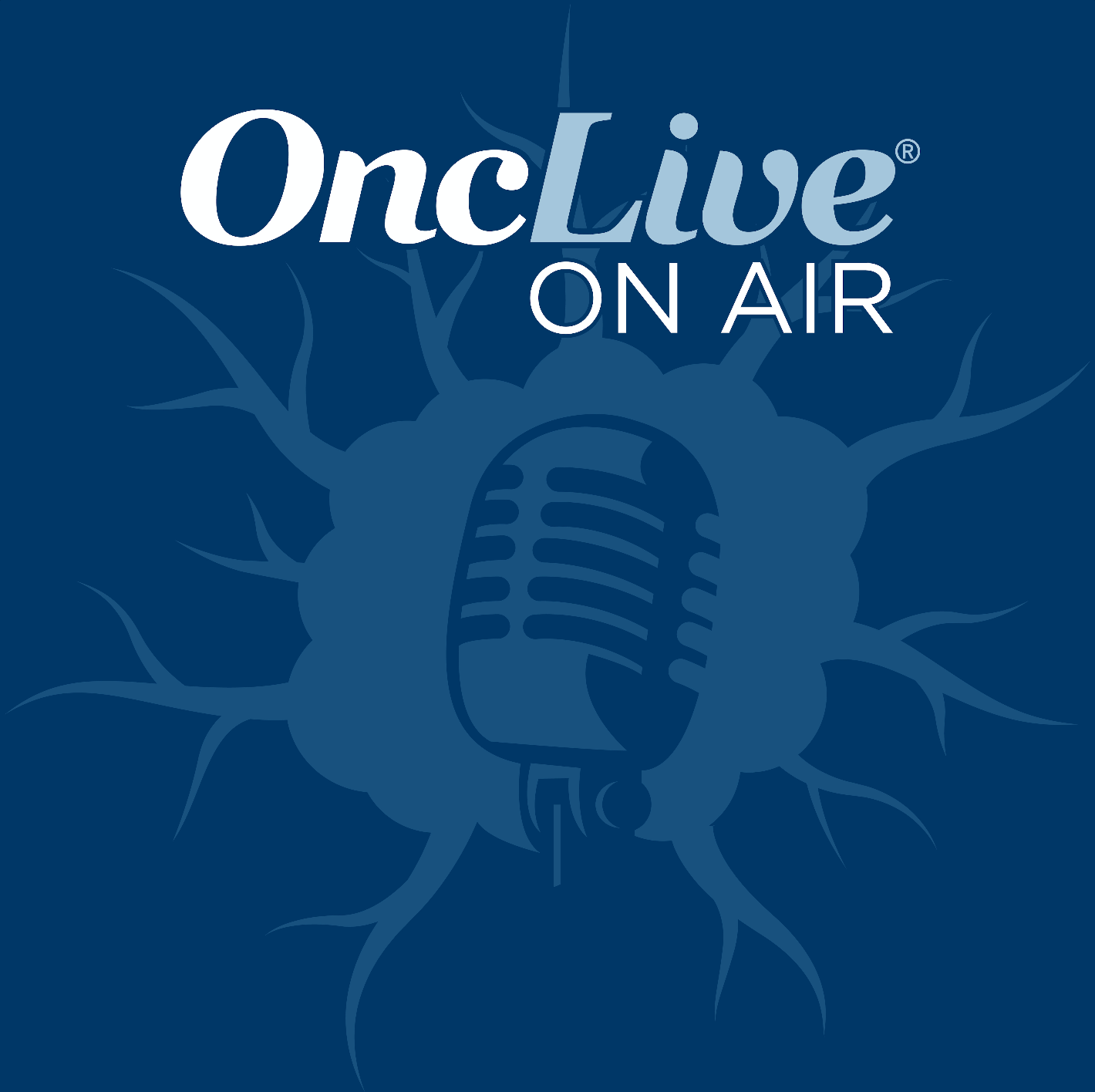Video
Dr. Radich on the Potential of Biosimilars in Oncology
Author(s):
Jerald P. Radich, MD, clinical research division, Fred Hutchinson Cancer Research Center, discusses the potential of biosimilars in oncology.
Jerald P. Radich, MD, clinical research division, Fred Hutchinson Cancer Research Center, discusses the potential of biosimilars in oncology.
Biosimilars have a lot of potential in oncology, explains Radich, but one of the concerns about biosimilars is their efficacy in comparison to their originator biologics. Radich notes that it is very unlikely that a biosimilar is going to reach the clinic without having met the standards that are in place for approval.
Nonetheless, it may take a while for people to become familiar and comfortable with the use of biosimilars in oncology, says Radich. In addition to the recent approvals of the bevacizumab (Avastin) biosimilar ABP-215 (bevacizumab-awwb; Mvasi), and the trastuzumab (Herceptin) biosimilar MYL-1401O (Ogivri; trastuzumab-dkst), several biosimilars are in development for the treatment of patients with cancer.
ABP-215 was the first oncologic biosimilar to be approved in the United States. The Amgen and Allergan product was approved for the treatment of adult patients with colorectal, lung, brain, kidney, and cervical cancers.








